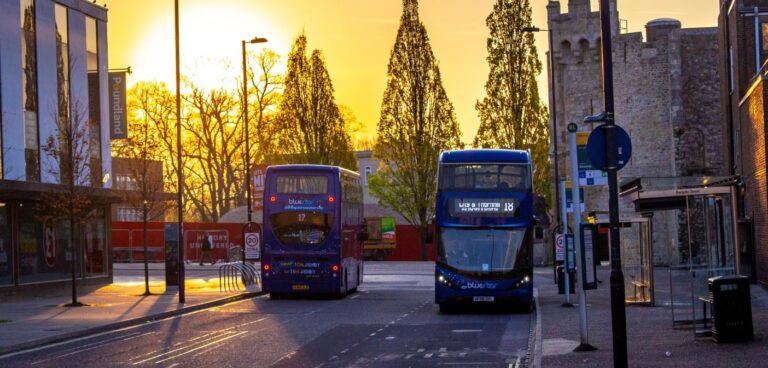A report commissioned by the Urban Transport Group (UTG) and Connected Places Catapult, claims that a disconnected national policy on vehicle decarbonisation threatens the UK’s environmental targets.
According to UTG, transport is the largest contributor (27%) to the UK’s greenhouse gas emissions, 91% of which comes from road transport.
Thus, UTG is advocating for improved decarbonisation initiatives to help the UK reach its national and regional net zero goals.
The publication outlines the current barriers to urban vehicle decarbonisation, for both public and private vehicles, according to six themes. These themes vary from the availability of council staff to lack of cohesion in the national agenda.
It suggests that increased devolution of power to local authorities will improve design and infrastructure opportunities.
Laura Shoaf, UTG chair and chief executive at West Midlands Combined Authority, said: “Alongside promoting modal shift we are investing heavily in supporting the decarbonisation of the vehicles on our streets but we know we will need go faster and further if we are to meet our ambitious net zero targets.
“This report sets out in detail how best this can be achieved.
“But in essence, we need more resource locally given the scale of the task, we need to look at all vehicle types and the supporting energy infrastructure together and the city regions need a seat at the top table when the key decisions are being made.”
The report offers a roadmap to net zero by 2050, which is explored through the remit of each theme.





